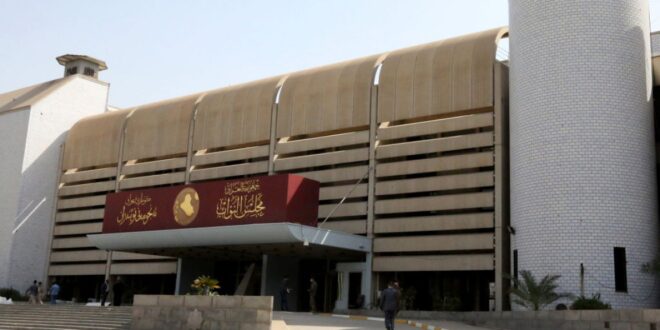Shia blocs, holding a majority in the parliament, are determined to push forward the legislation despite the increasing outcry.
Despite fierce opposition from Iraqi lawmakers, civil society groups, human rights organisations, and foreign diplomats, the Iraqi parliament is set to hold the second reading of amendments to the highly controversial civil status law today, Monday.
Across Iraq, the amendments to Personal Status Law No. 188 of 1959 sparked significant concern. Critics argue that the proposed changes could legalise child marriage and grant increased control over family law to religious authorities, threatening hard-fought protections for women and children.
Earlier this month, the bill’s second reading was postponed, but today’s session is expected to push the debate forward. The amendments ignited widespread debate, drawing backlash from activists, lawmakers, and the public alike. Many argue that the changes would pave the way for regressive social policies that undermine existing legal protections.
“We have obtained a copy of the bill, and while it does not directly dismantle women’s rights, it would allow clerics from both Shia and Sunni endowments to finalise separate regulations on key issues such as marriage age, divorce, and polygamy,” Amal Kabashi, Executive Director of the Iraqi Women Network, told The New Arab. “These religious-based regulations would dismantle the protections for women and children guaranteed under the current law.”
Kabashi emphasised that civil society organisations, educators, media figures, and politicians are ramping up efforts to prevent the amendments from passing.
“We are not against amending the law, but these changes should be discussed thoroughly, taking into account all segments of society until a national consensus is reached,” she added.
Opponents of the bill also warn that it could deepen sectarian divisions and pose a threat to constitutional rights. Shia blocs, holding a majority in the parliament, are determined to advance the legislation, despite the outcry. Former Prime Minister Nouri al-Maliki and other prominent Shia leaders have thrown their weight behind the amendments.
“This bill has been circulating in parliament for several legislative rounds,” said Dara Sekaniani, a member of the parliament’s legal committee, in an interview with TNA. “The Shia blocs have the numbers to pass the bill, but it’s unclear how it will play out.”
He stressed that all options remain on the table.
Monday’s session also includes a second reading of a general amnesty bill backed by Sunni factions, as well as a bill on returning property confiscated by the former Baath regime, supported by Kurdish factions. The inclusion of these bills fuelled speculation that Shia blocs may attempt to leverage their support to these issues to secure backing for the civil status law from other political groups.
Meanwhile, international concerns are mounting too. Last month, US Ambassador to Iraq Alina L. Romanowski expressed alarm over the proposed amendments, calling for a balance between religious freedoms and women’s rights. This prompted a sharp response from pro-Iran factions in Iraq, with some leaders issuing threats against the ambassador.
As the parliament prepares to hold the reading, the stakes are high, with the outcome likely to have far-reaching consequences for Iraq’s legal landscape and the rights of its most vulnerable citizens.
 Eurasia Press & News
Eurasia Press & News




